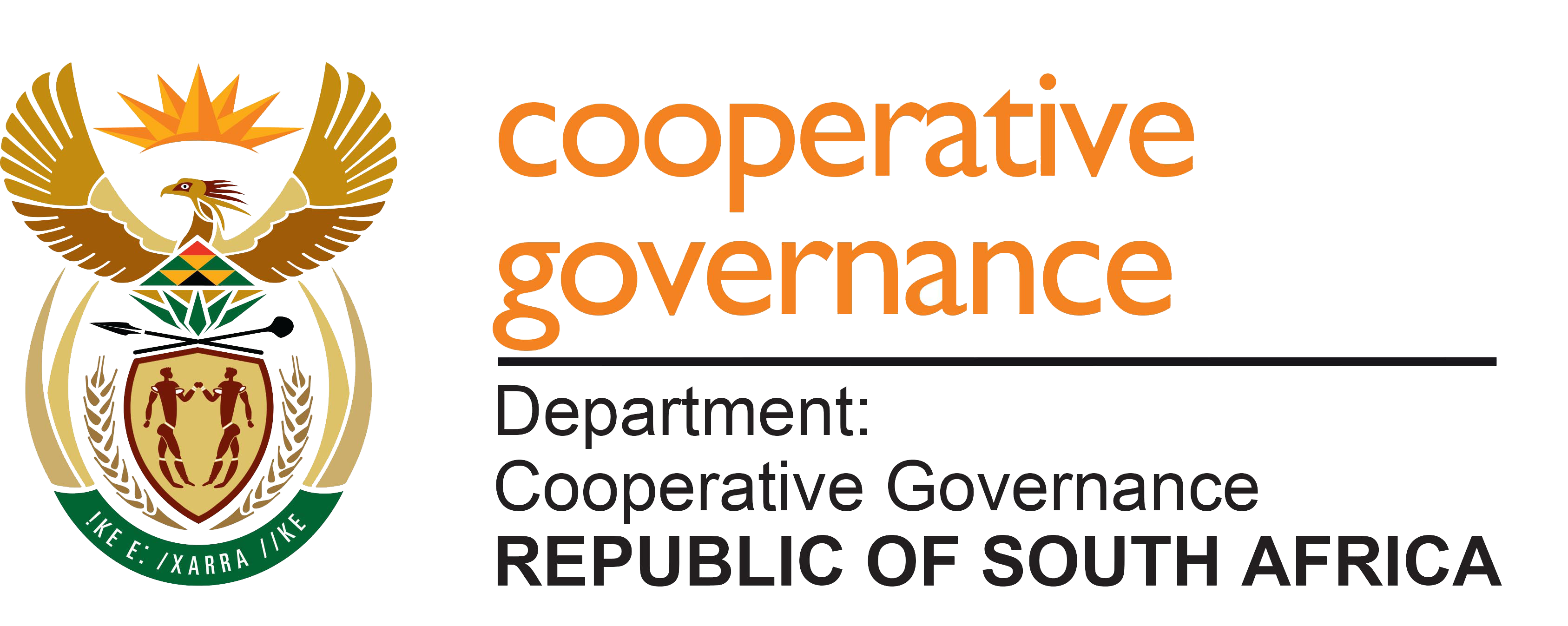Amidst an atmosphere of collaboration and achievement, government officials, municipal leaders, and key stakeholders gathered to commemorate the 10-year anniversary of the Municipal Infrastructure Support Agent (MISA). The event, hosted by the Minister and Deputy Minister of Cooperative Governance and Traditional Affairs, marked a significant milestone in the journey of supporting South Africa’s municipalities in their development efforts.
Minister Nkadimeng’s opening remarks emphasized the importance of agility and pragmatism in addressing local challenges. She underlined the need for policies to be enablers rather than obstacles in the pursuit of progress. In a powerful statement, she challenged officials to recognize that the impact of infrastructure delivery is magnified when women are its primary beneficiaries, highlighting the broader societal implications of the work being done.
Established in 2012 through a Presidential Proclamation 29 of 2012, which was gazetted on the 11 May 2012, in terms of section 7(A) of the Public Service Act,1994. The role, powers and functions of MISA are further articulated in the Governance Notice on the Administration and Operations of MISA (the “Operational Notice”) issued by the Minister of Cooperative Governance and Traditional Affairs (CoGTA) in July 2013.
MISA has been at the forefront of addressing capacity challenges within municipalities across South Africa. The agency’s role in training municipal engineers and deploying professional skills required in planning, delivering, and maintaining public infrastructure has been instrumental in enhancing local development efforts.
The President of the South African Local Government Association (SALGA) drew attention to the interconnectedness of challenges faced by municipalities and how these can often be traced back to weaknesses in provincial and national government structures. This perspective served as a reminder that collaboration between different levels of government is essential for effective problem-solving.
During her address, Acting CEO Ms. Mapatane Kgomo shed light on MISA’s alignment with the District Development Planning Framework. She illustrated this with a practical example, explaining how the agency collaborates with National Water Affairs to ensure the successful implementation of bulk water infrastructure, while local municipalities focus on reticulation and related capacities.
The event served as a convergence point for various stakeholders committed to community development. Representatives from different provinces, the Development Bank of Southern Africa, the University of Cape Town, the Council for the Built Environment, as well as municipal officials and politicians, shared their insights and experiences, highlighting the importance of partnerships in realizing the nation’s development goals.
As South Africa reflects on the past decade of progress and transformation, the 10-year anniversary of MISA stands as a testament to the power of collaboration, capacity-building, and responsive governance. The celebration not only acknowledged the achievements of the past but also served as a clarion call to renew commitment and work collectively towards a future marked by inclusive and sustainable development for all communities across the nation.
The commemoration of MISA’s 10-year anniversary was not only a celebration of achievements but also a platform to reflect on the evolving landscape of municipal infrastructure development in South Africa. Among the esteemed speakers, Mr. Pule Setai, Chief Director at the National Treasury, brought a spotlight to the intriguing intersection between MISA and Infrastructure South Africa (ISA), an agency of the National Department of Public Works and Infrastructure.
Mr. Setai astutely highlighted the fact that both MISA and ISA carry mandates that intersect within the realm of infrastructure development. The establishment of ISA, an agency designed to oversee the planning and implementation of major infrastructure projects, has led to a natural overlap with MISA’s existing responsibilities. Rather than viewing this overlap as a challenge, Mr. Setai urged the need to transform it into a constructive force that amplifies the impact of their collective efforts.
One of the most poignant observations made by Mr. Setai was the profound connection between infrastructure development and societal issues, such as gender-based violence. He illuminated this link by sharing examples from various municipalities where inadequate infrastructure, particularly in public spaces, has perpetuated an environment ripe for gender-based violence. His call to action underscored the necessity of viewing infrastructure not only as physical assets but as tools for fostering safety, equity, and social cohesion.
A recurring theme echoed by numerous speakers throughout the event was the pressing issue of infrastructure maintenance. While there has been considerable emphasis on building new infrastructure units, the dearth of focus on sustaining and preserving existing assets has emerged as a critical concern. The broader sentiment underscored the importance of a holistic approach to infrastructure development—one that encompasses both expansion and maintenance to ensure the longevity and effectiveness of investments.
As South Africa stands at the crossroads of infrastructure advancement, the reflections shared during the 10-year anniversary celebration of MISA served as a poignant reminder of the dynamic challenges and opportunities that lie ahead. The call to embrace collaboration, leverage synergies, and adopt a comprehensive approach to infrastructure development reverberated through the event, leaving participants inspired and invigorated to collectively shape a future marked by resilient, inclusive, and sustainable communities.



